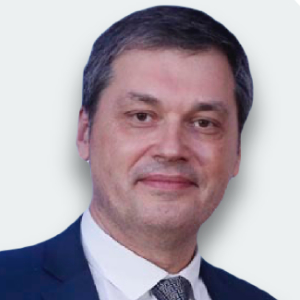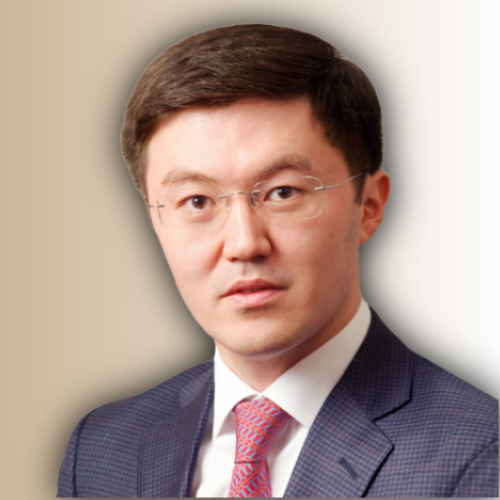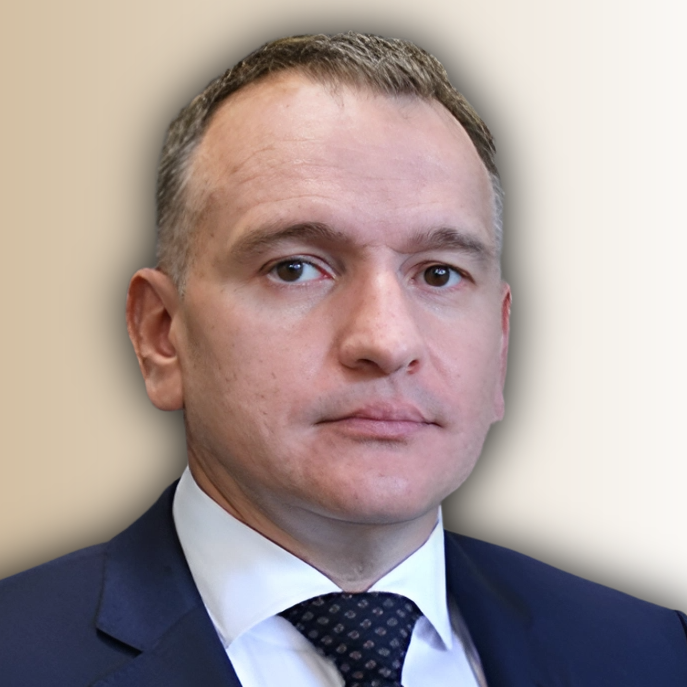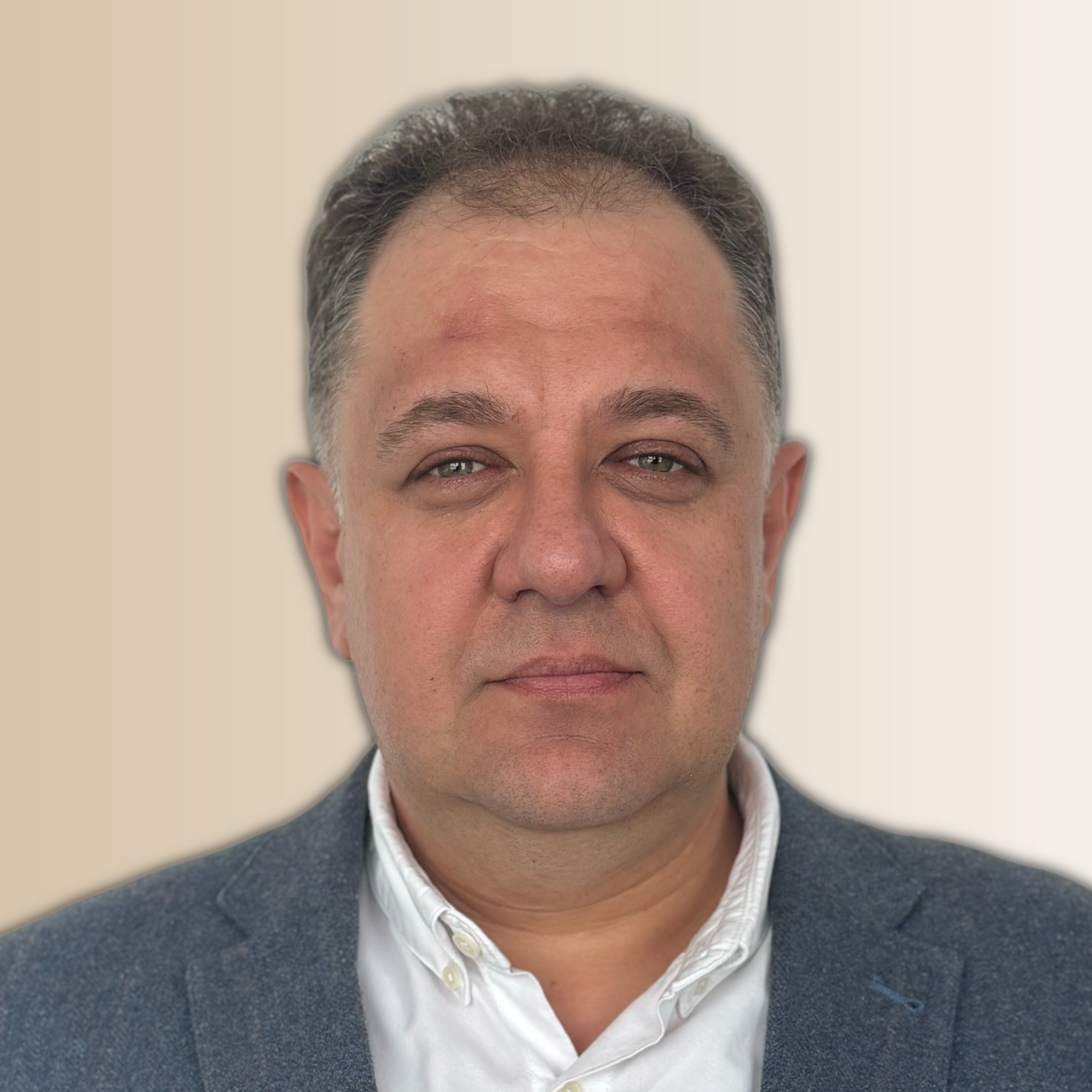All Days
17 April
Kazakhstan’s mining and metallurgical industry stands at a pivotal juncture, where attracting foreign investment and embracing cutting-edge technologies are paramount for sustaining its competitive edge. Currently, a significant portion of mined metals in Kazakhstan undergoes processing outside the country. To address this, the “Kazcontent 2.0″ initiative has been introduced, focusing on localising production, cultivating industrial hubs, and establishing technology parks. The Kazakh government plans to revise laws to increase metal ore processing from under 20% to 50% by 2036. This strategy is expected to invigorate the manufacturing sector, decrease raw material and primary metal exports, and enhance revenue from higher-value products. The plenary session will highlight the Kazakh Government’s, investors’, and subsoil users’ strategies for enhancing local production capacities, particularly in electronics, automotive, polymers, electric batteries, and other components. This approach is intended to foster local industrial growth and create higher-value products by processing mineral raw materials within the country.

09:45 - Global Gold Outlook
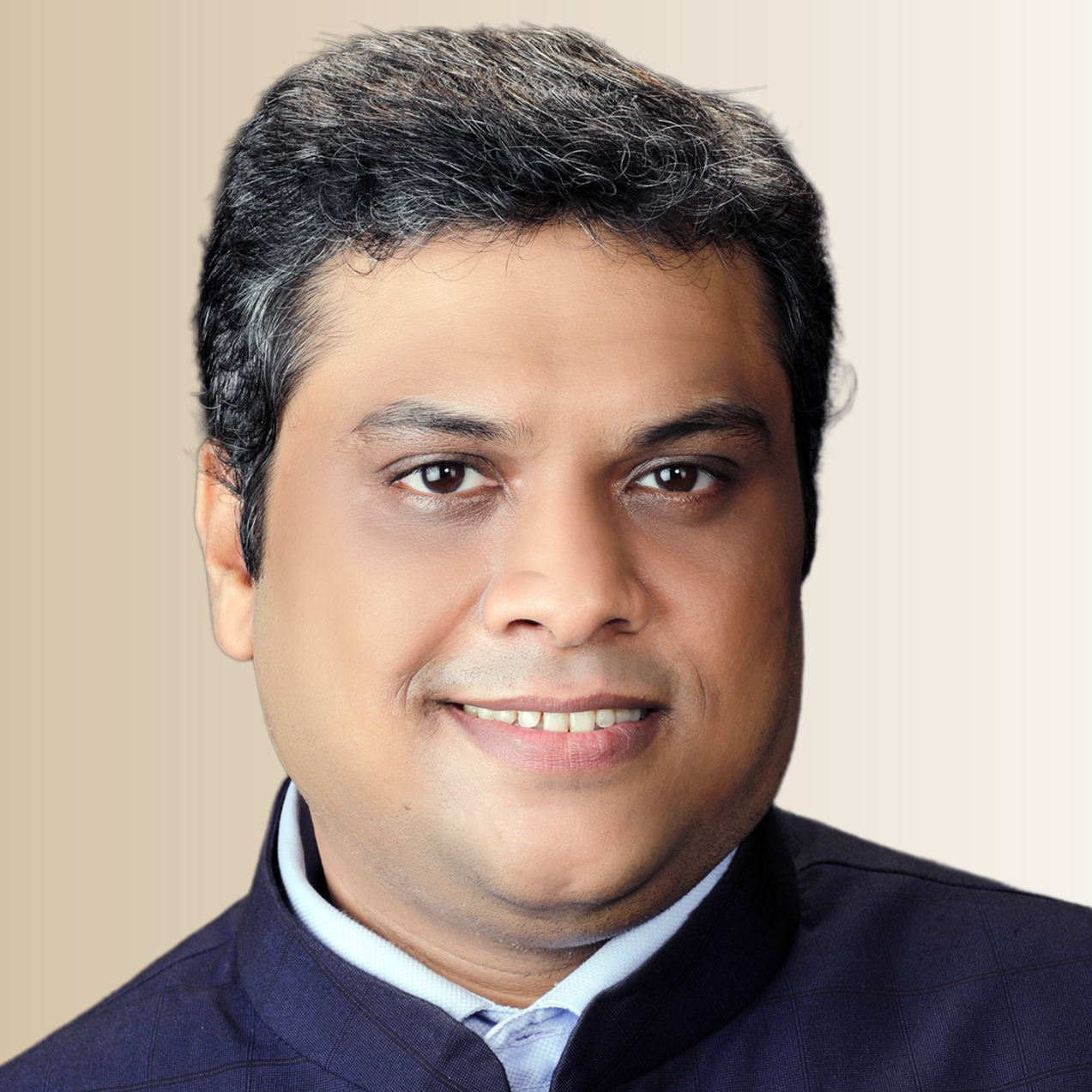
10:00 - The key directions for the development of the mining and metallurgical industry in Kazakhstan

10:15 - Investment climate in Kazakhstan

10:30 - Plans for the development strategy of Tau-Ken Samruk after the merger of the assets of Kazgeology. Review of ongoing investment projects with the participation of foreign partners.
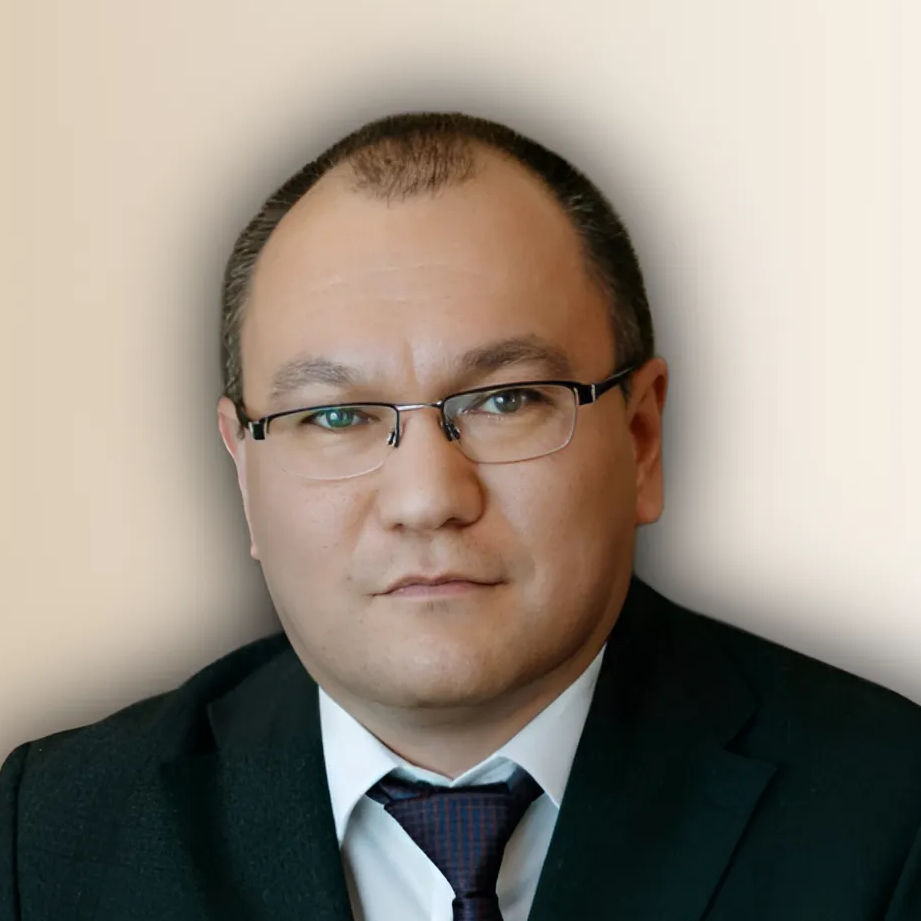

11:45 - Application of green energy for machines in the mining industry

12:00 - McLanahan Apron Feeders And Mineral Sizers: From Selection To Operation
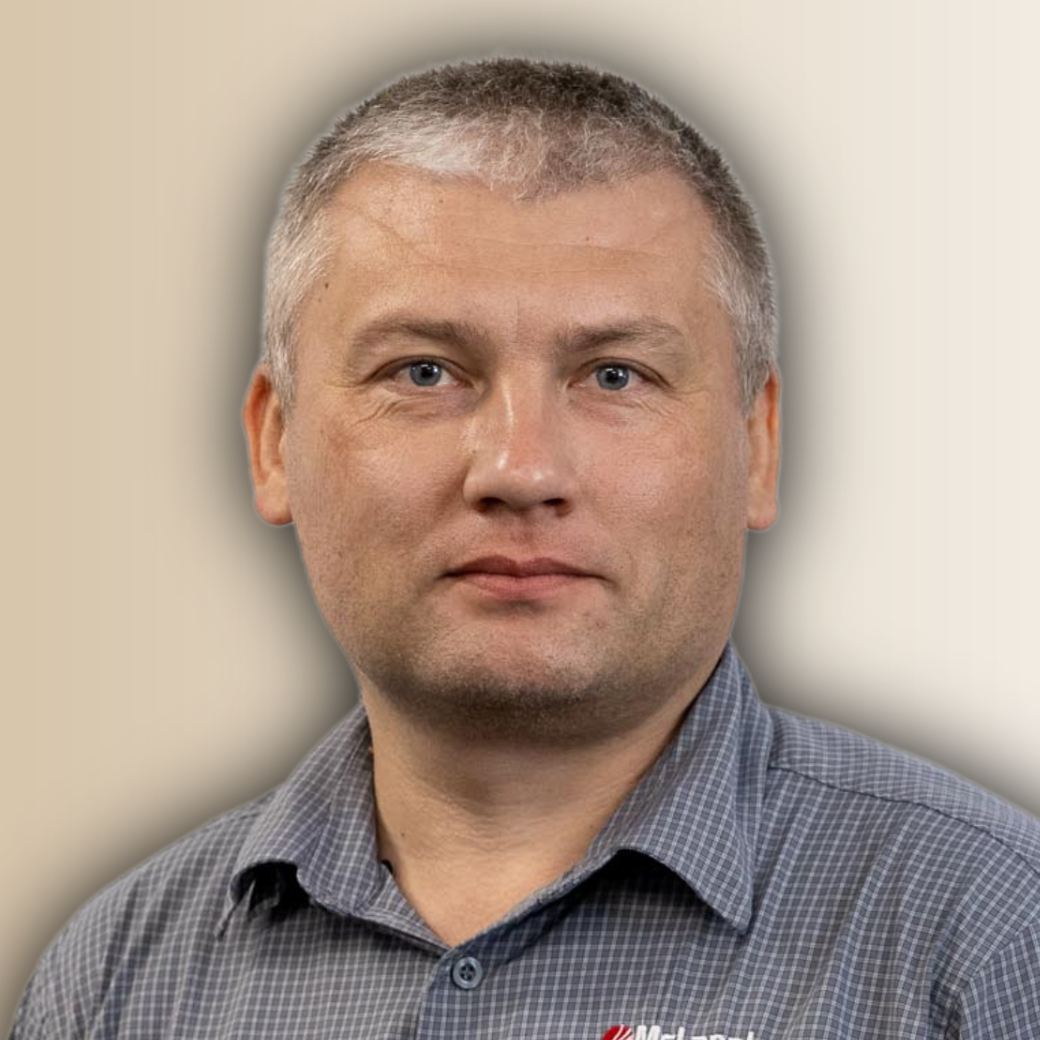
12:15 - Application of modern rope conveyor technology for material transport from Doppelmayr

12:30 - SIBUR product offer for the mining industry

12:45 - "LEAN" mindset for cost effective sustainable mining transportation
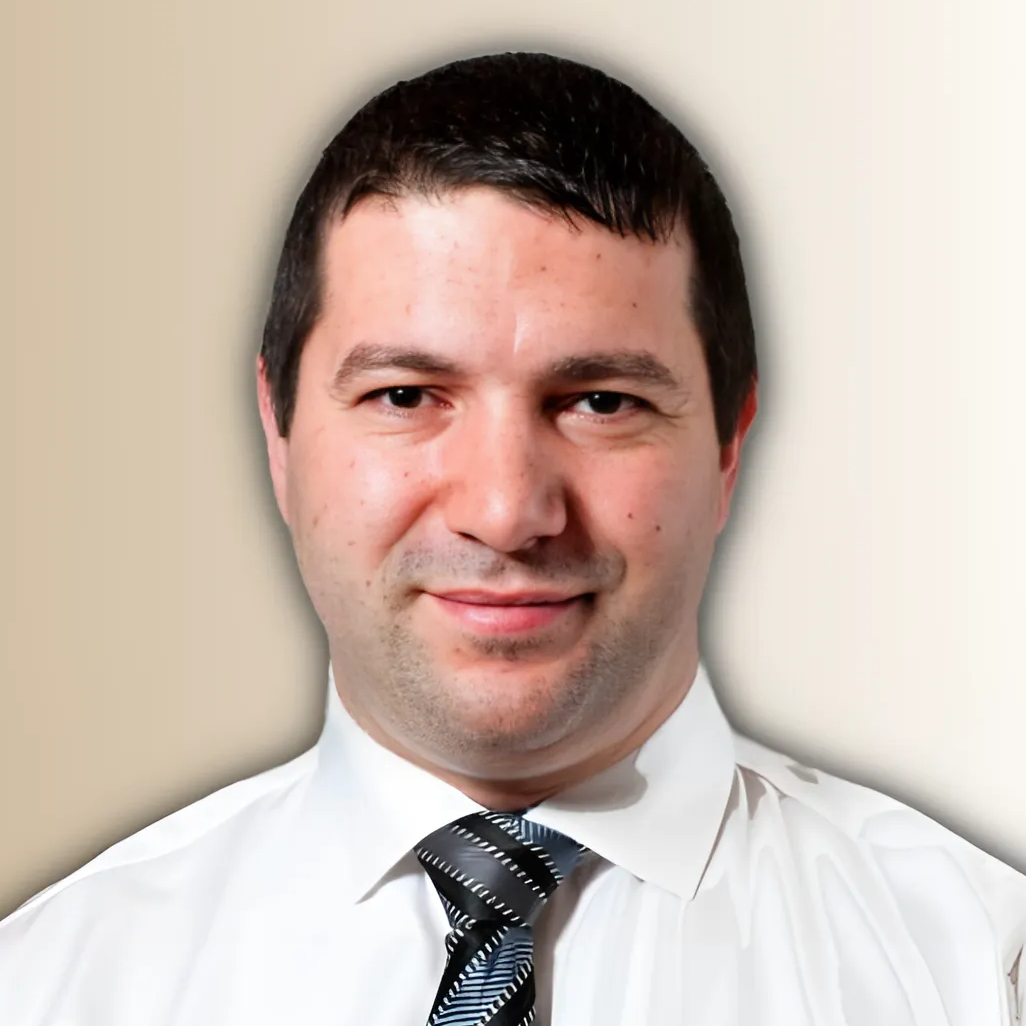
Kazakhstan is implementing new strategies to enhance geological prospecting and develop tailings, vital for the mining industry’s sustainable growth and the country’s economic security. The discovery of new mineral deposits is crucial for attracting investments. By 2026, Kazakhstan aims to extend its geologically explored territory to 2 million square kilometres, focusing on the exploration of rare and rare-earth metals. However, experts suggest that the 2018 geological legislation isn’t fully effective, prompting the government to take urgent steps to revamp the mining sector’s management. Recognising the potential in tailings, the government is also looking to capitalise on this resource. To facilitate these initiatives, there is a need for a concerted effort to bolster the sector’s growth and secure long-term economic benefits.

11:45 - Mineral resource base development tasks

12:00 - Potential of the mining industry of the Kyrgyz Republic
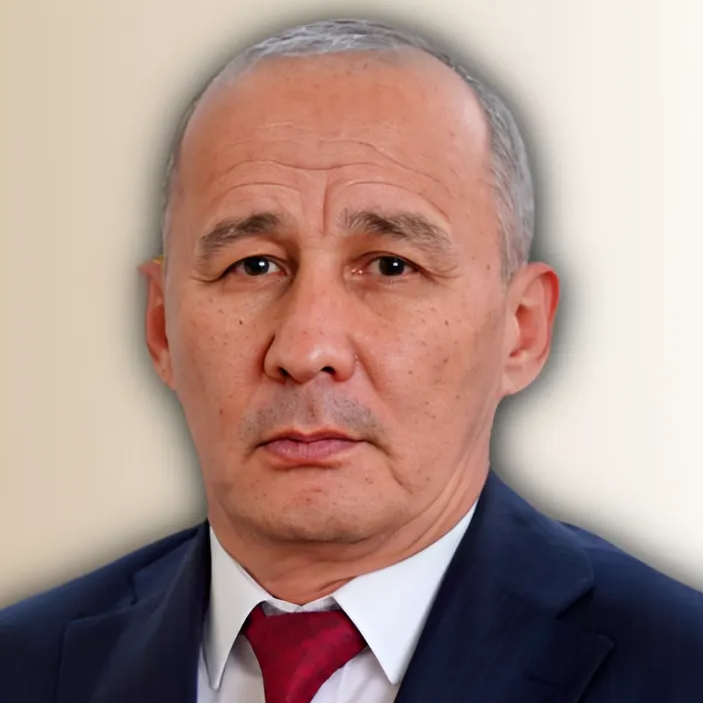
12:15 - First Quantum Minerals - From Africa to the World

12:30 - Unlocking Kazakhstans' Copper Potential

12:45 - The Copper Gold Potential of the Pavoldar Region



14:45 - Company Introduction : Exploration Drill Masters

15:00 - Aurora - A vision for mineral exploration in Kazakhstan

15:15 - ODS Project, a Sediment Hosted Copper (V) Deposit in Southern Argentina

Kazakhstan’s strategic position and rich natural resources are key attractions for foreign direct investment (FDI) in its mining and metallurgical industry. Legal reforms, particularly in subsoil use, have opened doors for new investors. The nation’s shift to CRIRSCO (KazRC) international standards is set to further attract FDI. The uranium and critical materials are becoming the “new oil” enabling the transition to a green economy. However, the production of these materials in Kazakhstan will require investments and long-term commitments on the part of the state, subsoil users, investors, and local governments. What advantages does Kazakhstan offer to foreign investors to develop exploration, production, and processing projects? What opportunities does the national financial market offer to mining and exploration companies? How has the increase in mineral extraction tax rates affected the industry and its investment attractiveness as a whole? The session will explore experiences and perspectives from both Kazakh and international companies involved in mining projects within the country.
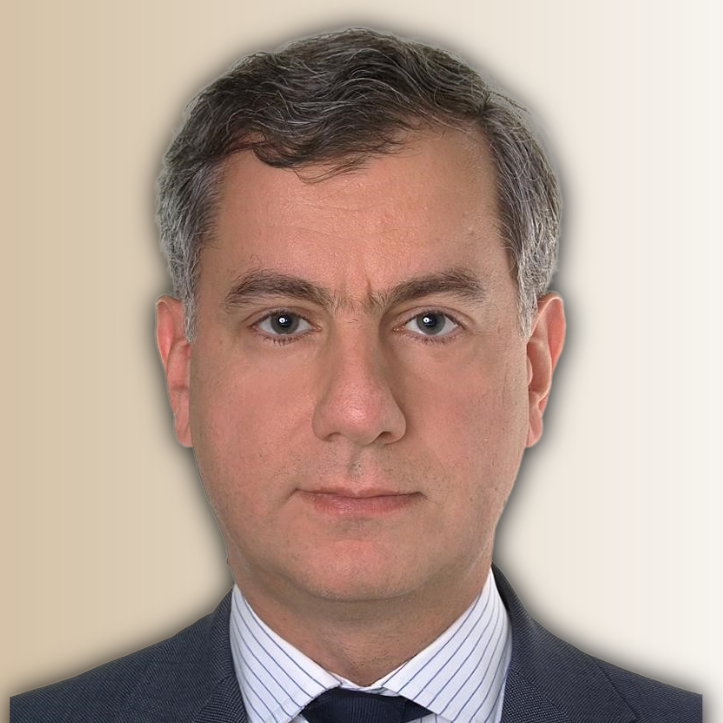
14:15 - Investment attractiveness of Kazakhstan and Central Asia in new realities.

14:30 - Promotion of the KAZRC Code in the mining industry of Kazakhstan

14:45 - Investment opportunities in the mining and metallurgical sector
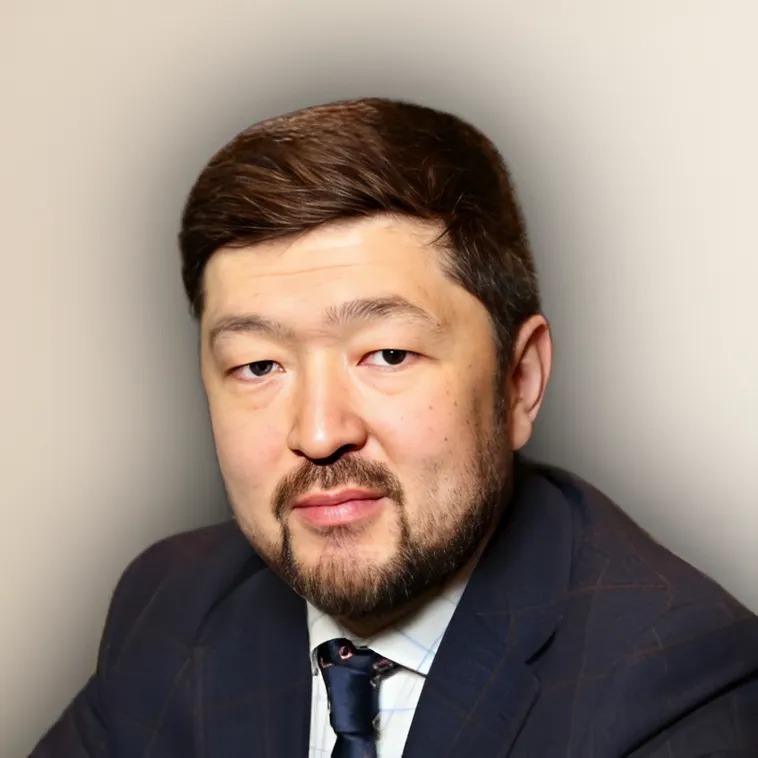
In Central Asia, and specifically in Kazakhstan, mining industry faces the urgent need to adopt climate change strategies due to the region’s accelerated warming rate. The Harvard University research paper highlights the importance of energy diversification in tackling climate change and catering to the increasing energy demands. For mining companies, energy expenses represent about 30% of their total operational costs. Implementing efficient energy management can lead to significant reductions in energy usage, with potential savings of 15-20% at existing facilities and up to 50% for new mine designs. Encouraging investment in clean energy necessitates a commitment to long-term planning. The challenge of addressing these issues effectively lies in the collaboration between mining companies, legislative bodies, and state regulators, ensuring a coordinated approach towards sustainable energy use and climate change mitigation in the mining sector.

14:15 - Decarbonization of Mining
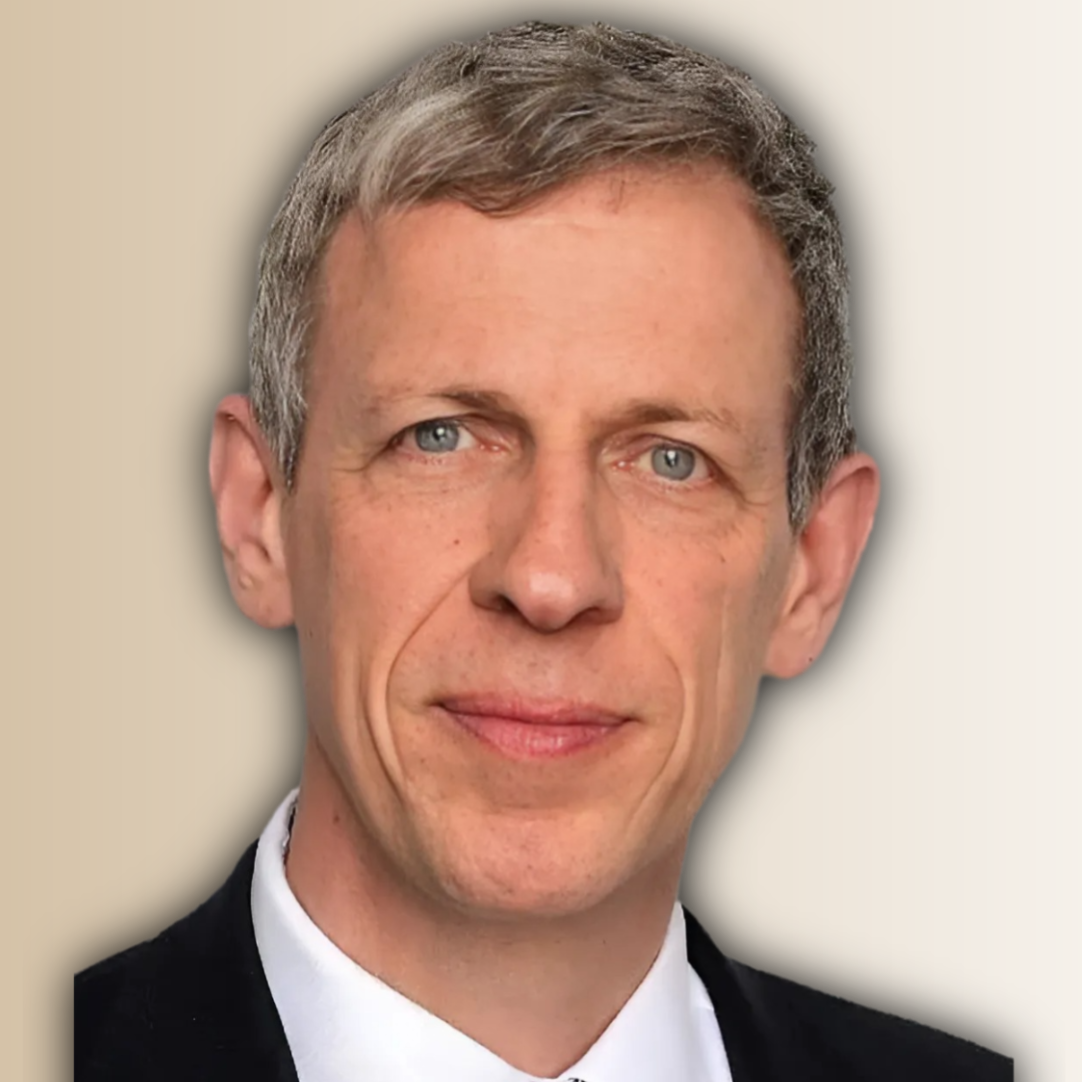
14:30 - Decarbonisation of underground mines

14:45 - Sustainable and responsible copper production in Kazakhstan
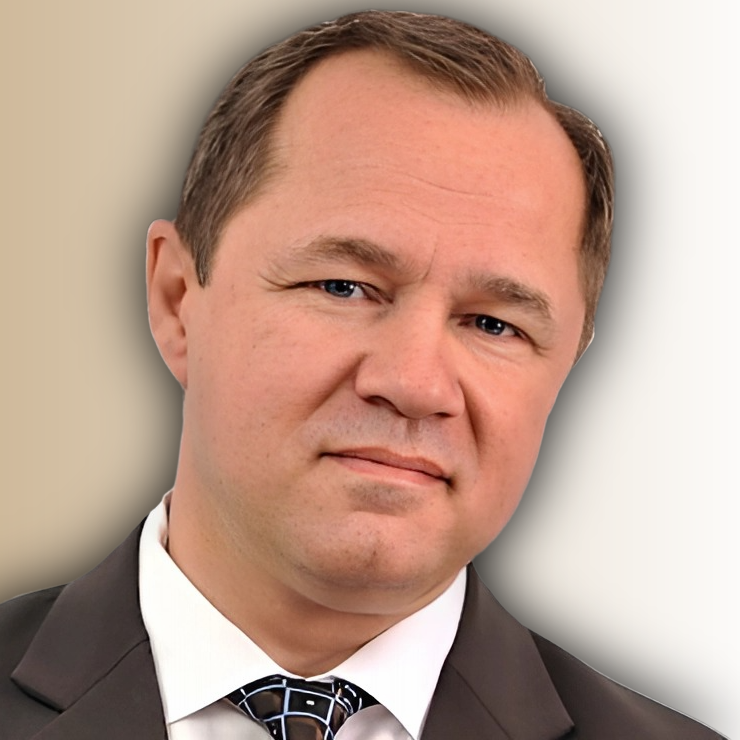
15:00 - Energy saving as a tool for industrial modernization


16:15 - Safe, innovative and sustainable geosynthetic solutions for the mining industry: Advantages of the new PLUS products.

16:30 - Krux Analytics: driving sustainable practices through drilling optimisation.

16:45 - Steeper, deeper, faster: rock support technologies for efficient mining in difficult conditions

17:00 - Ventilation in mine workings: Increasing economy and efficiency at all stages
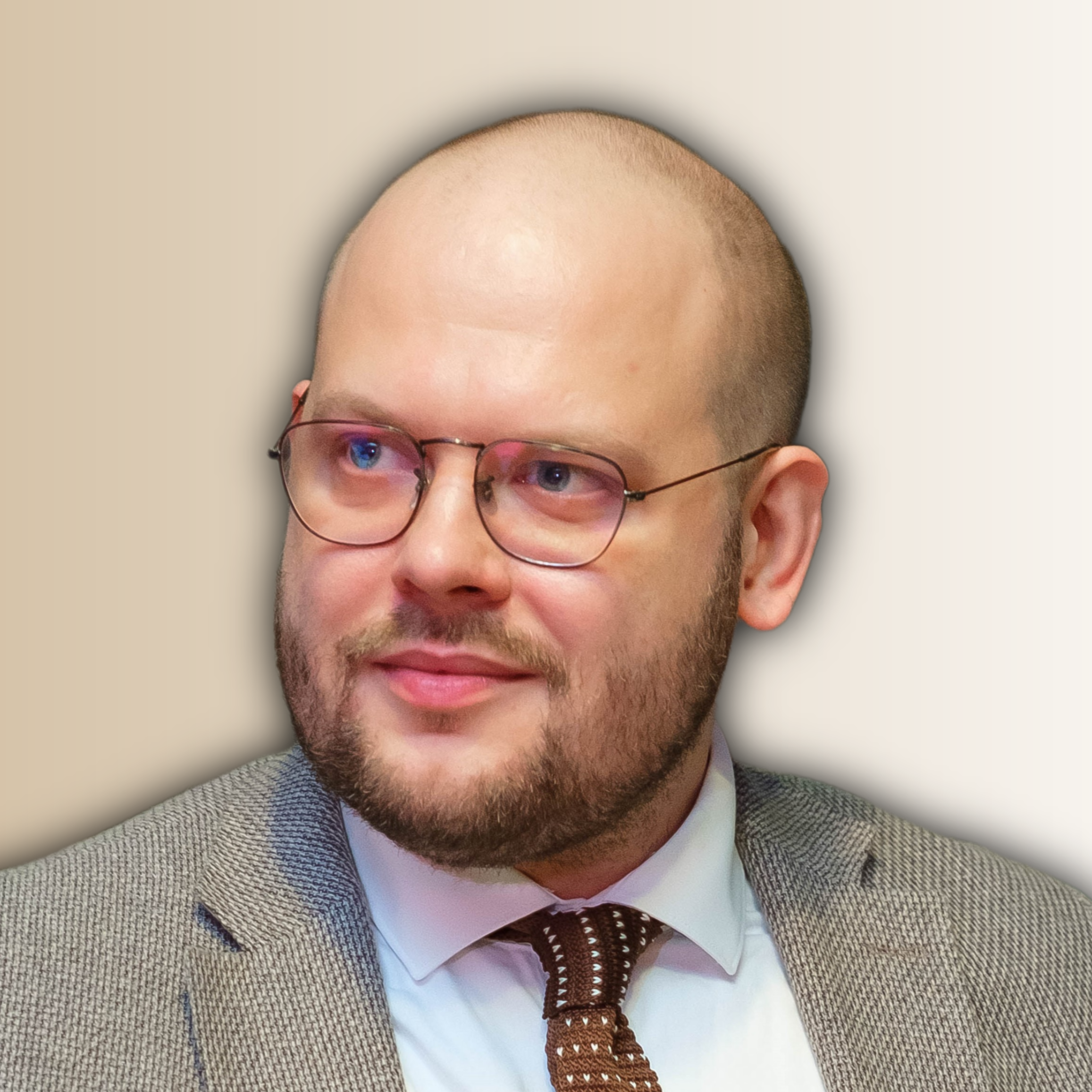
17:15 - Innovative methods of drilling and casing for vertical shafts

The shift from hydrocarbons to renewable energy sources globally has significantly fostered international collaboration in the exploration, production, processing, and establishment of supply chains for uranium and other critical raw materials crucial for green energy technologies like electric batteries, solar panels, wind turbines, and micro-hydro systems. This session will explore the expansion of Kazakhstan’s international relations, particularly in the context of partnership programs with major global players such as the European Union, the United States, Canada, France, the United Kingdom and other countries. The focus will be on developing robust global supply chains for uranium and other critical raw materials from the landlocked Kazakhstan.
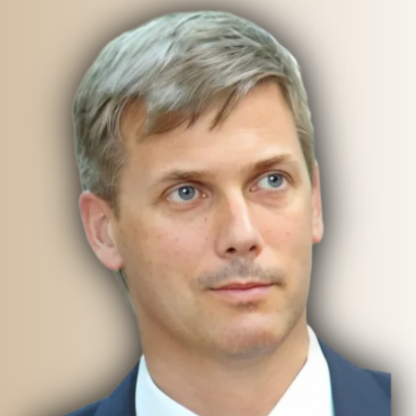
16:10 - Critical to whom? Should more minerals in Central Asia be classified as Strategic?

16:20 - Critical raw materials for the energy transition — how to achieve the targets?
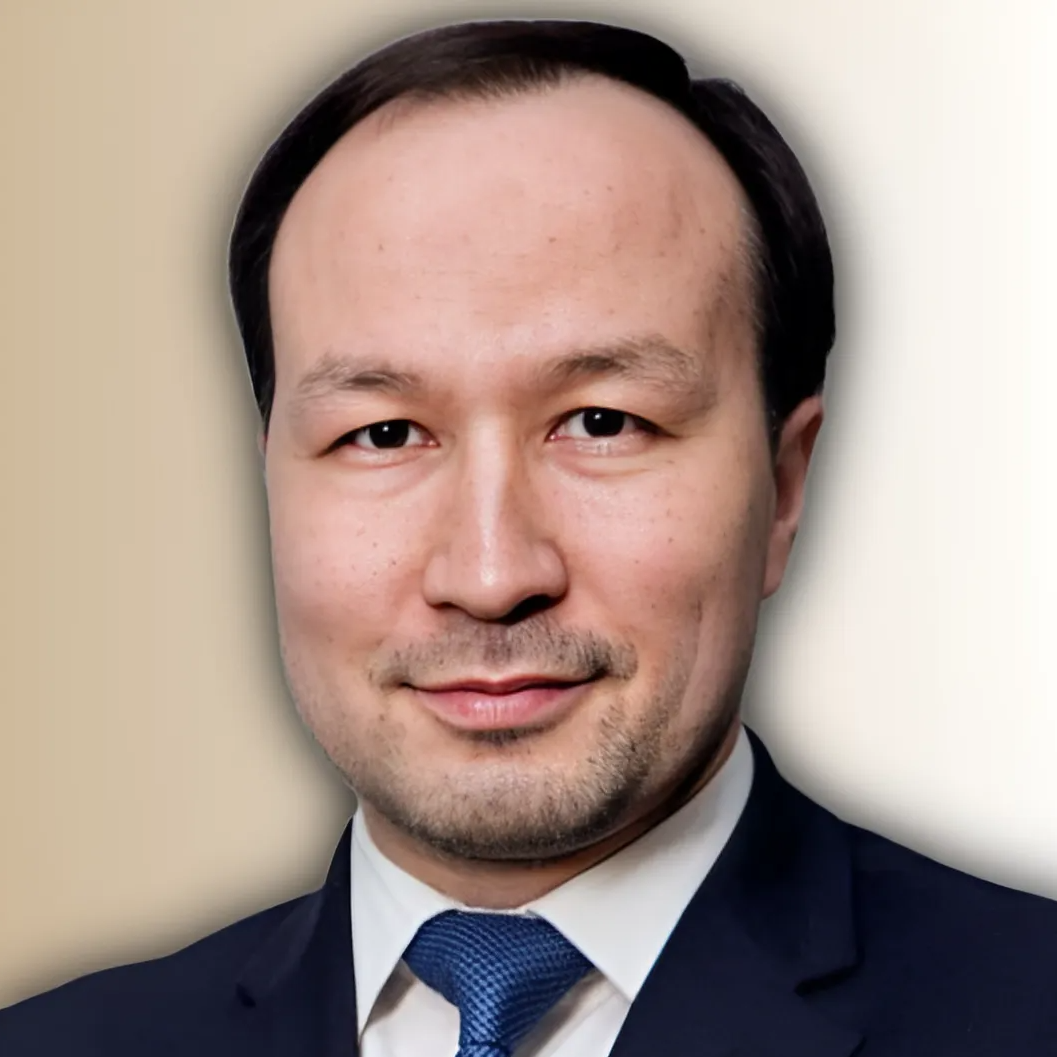
16:30 - Memorandums of Understanding signed by Kazakhstan to develop critical minerals

16:40 - EU-Kazakhstan cooperation in the field of critical raw materials

16:50 - Technical and research work on projects in the field of rare and critical metals
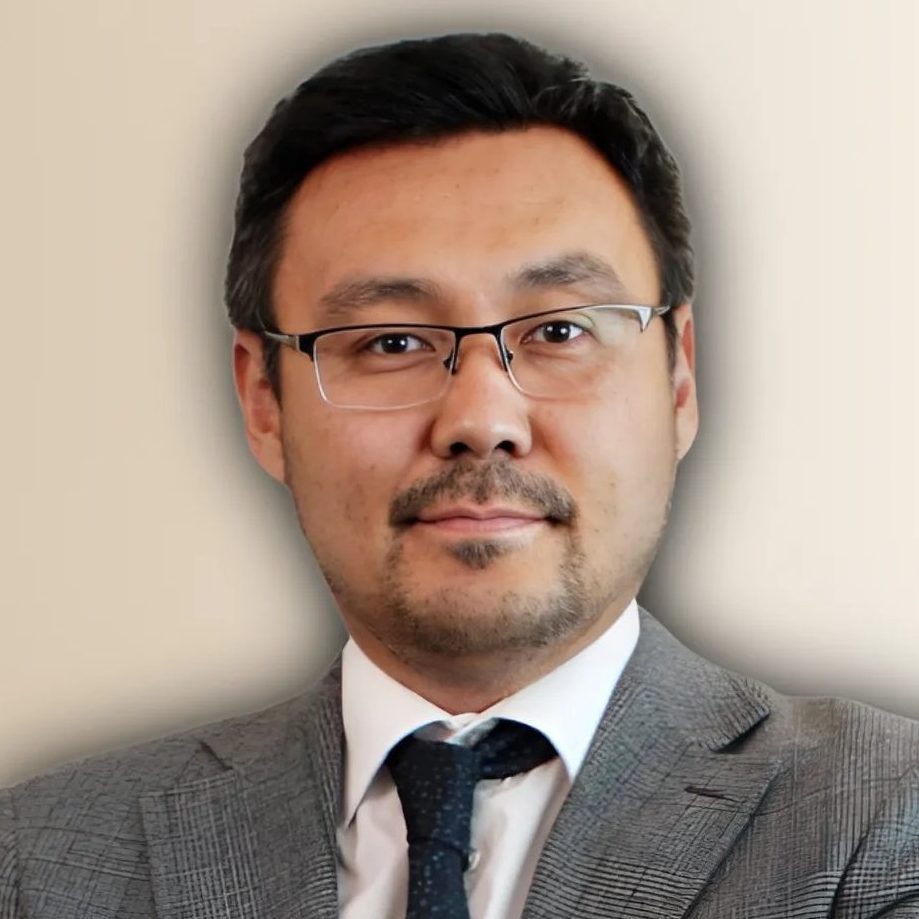
17:00 - Technology in an AI world to Find, Define and Mine sustainable Critical Minerals

17:10 - Geophysics for Lithium Exploration – Two case studies

Groundwater is crucial to support socio-economic development in Central Asian countries. Water is widely used in both underground and surface mining: about 40% in ore processing, about 40% in tailings dams and about 20% in dust control. A 2022 World Bank study warns that Central Asia is warming faster than the global average, accelerating the melting of glaciers – a vital source of water for households, agriculture, energy production and mining. In response to this challenge, the Government of Kazakhstan has formulated a Comprehensive Plan for the Development of the Water Sector spanning from 2024 to 2030. This plan is aimed at bolstering the country’s water security and addressing water scarcity issues. Experts will be focusing on the development of comprehensive water management programs essential for maintaining the sustainability of mining and processing industries in the region.

16:15 - Water management at industrial enterprises

16:30 - Modern solutions to water problems in the mining industry

18 April

09:15 - Geological and geotechnical support of drilling operations. Consulting services for geological exploration.

09:30 - Potential field measurement techniques using unmanned aerial systems

09:45 - The Role of Airborne EM in Modern Multi-method Aerogeophysical Surveys for Ore Deposit Exploration
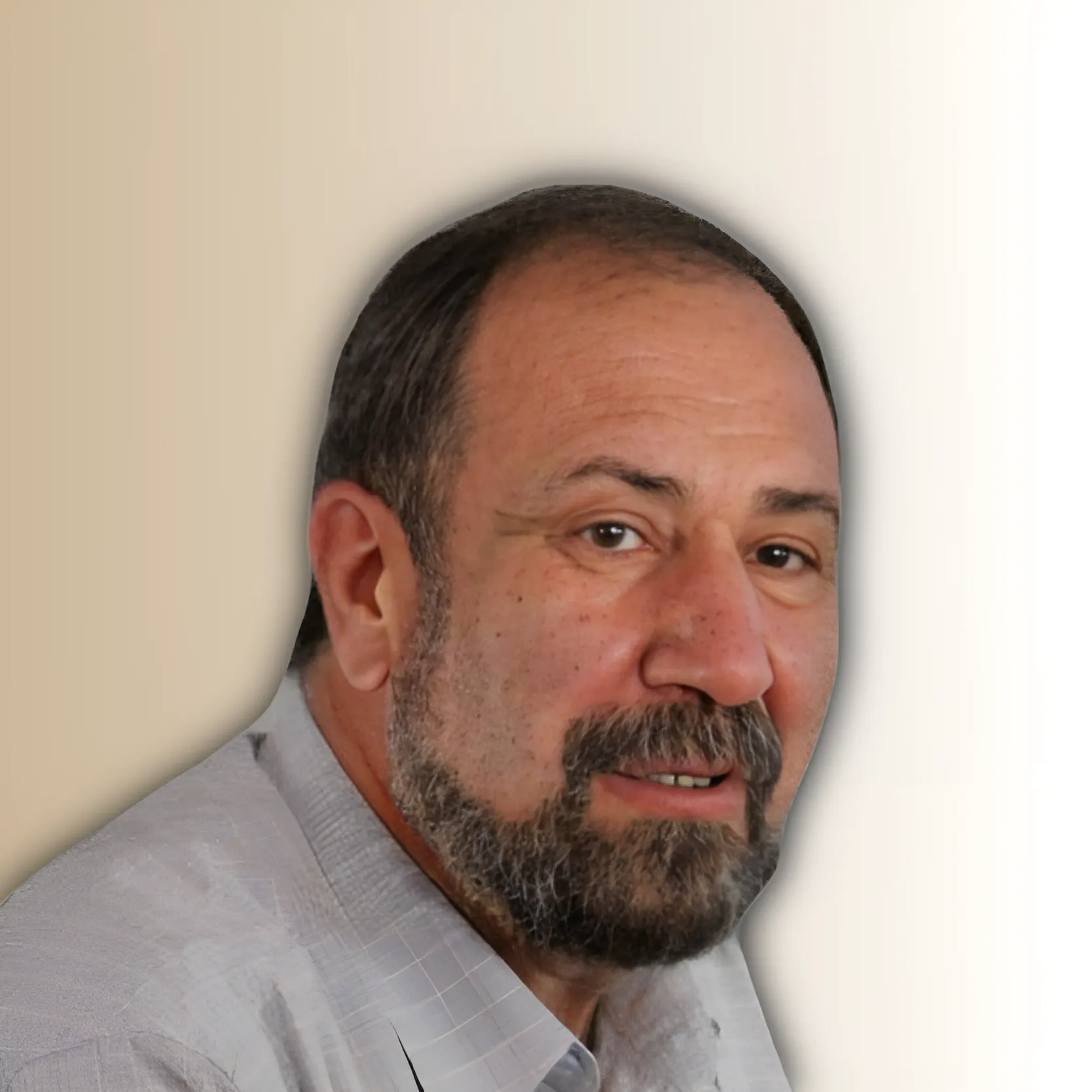
10:00 - Mud Master - legends destroyers

10:15 - UAV technologies for mining companies
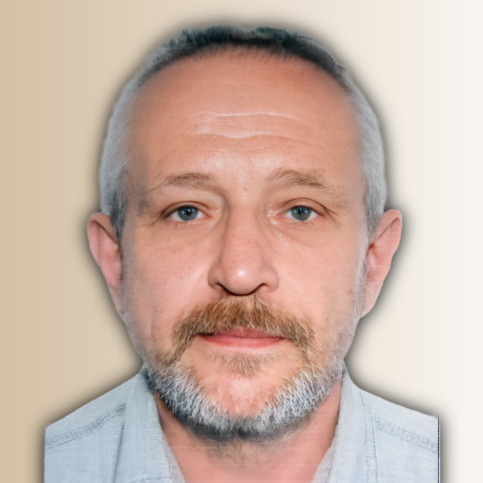
10:30 - Will GeoLog Assist Be Able to Replace the Logging Geologist?
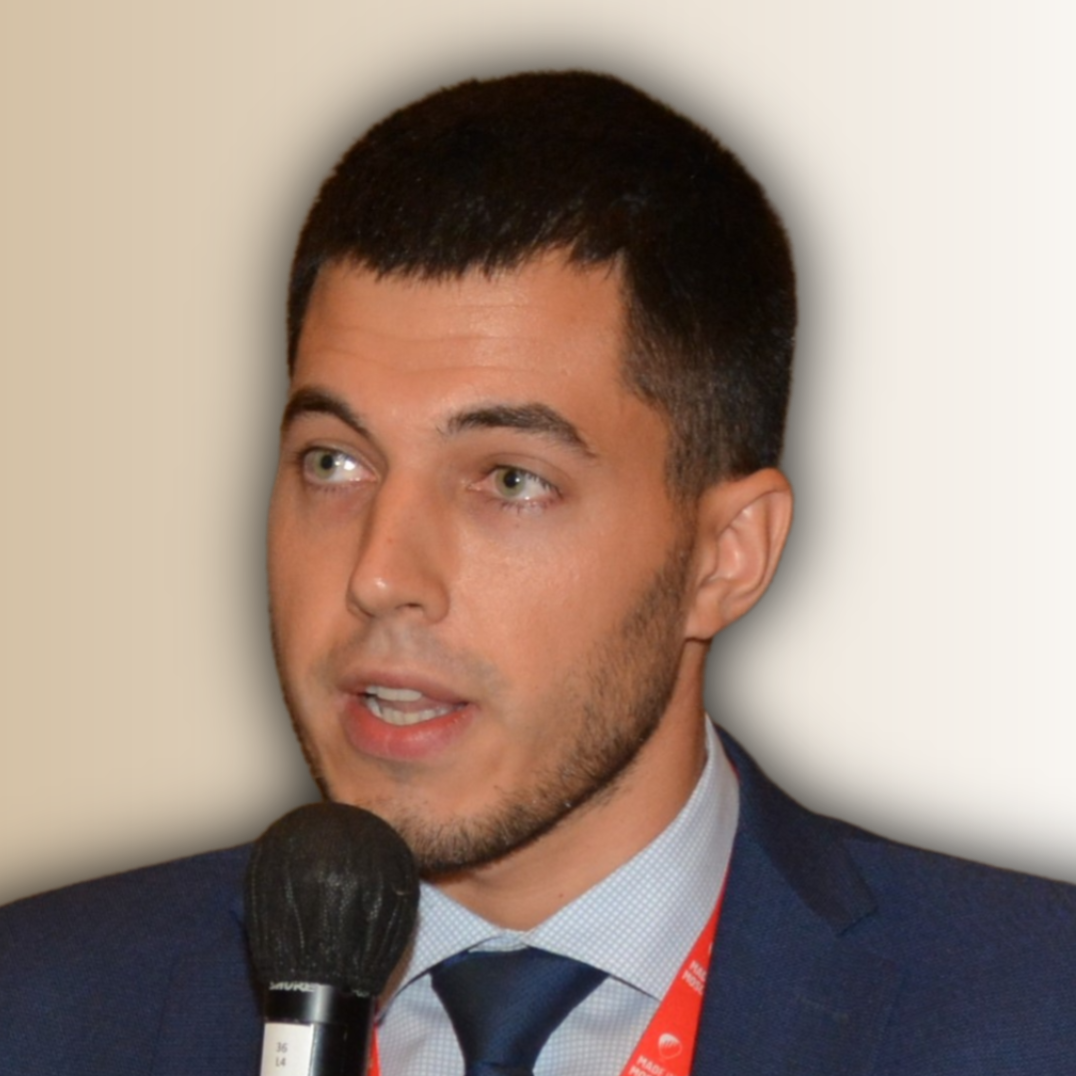
Kazakhstan’s mining sector is advancing its focus on local content, in line with the nation’s Code “On Subsoil and Subsoil Use,” which mandates a minimum of 50% local workforce employment by license holders for subsoil use. This is complemented by the Law “On Industrial Policy,” aiming to boost local content to 60% in regulated procurement. The industry is shifting towards long-term partnerships, favouring off-take contracts and agreements, a strategy that aims to mitigate supply chain disruptions. Additionally, there’s an expectation of a 40% increase in participation by local medium and small manufacturing enterprises due to the localisation of products used by subsoil operators. This evolving landscape necessitates the development of financing practices tailored to off-take contracts, presenting a new challenge for mining companies, financial institutions, and the government. The key question remains: are these entities prepared to adapt to and support this changing dynamic, ensuring sustainable growth and enhanced local participation in the sector?
PROGRAM
Moderator: Tony Thornton, CEO THORNTREE, KCM Advisory Board Member
Session Language: English, Russian (simultaneous translation provided)
Welcome Remarks: 09:00 – 09:05
- Taskyn Koshman, General Director, Kazakhstan Chamber of Mines
09:05 – 09:40 Topic 1: Mining Industry Prospects and Opportunities
Keynote Speakers:
- Michael Douglas, CEO Xcalibur Kazakhstan
Discussion: Explore Kazakhstan’s industrial policies and how they affect the mining sector. Highlight Kazakhstan’s potential in the global mining market to meet the growing demand for metals, focusing on the advantages of strategic policy and infrastructure enhancements.
09:40 – 10:15 Topic 2: Critical Mineral Production and Clean Energy Transition
- Nikolai Kirillov, Senior Consultant Environmental Specialist, SRK Consulting (Kazakhstan)
Discussion: Explore Kazakhstan’s potential in critical mineral production amid the shift towards clean energy, highlighting opportunities for partnership with the EU, UK, and US while considering associated risks and rewards.
10:15 – 10:55 Topic 3: The current state of the worldwide mining industry and how it relates to Kazakhstan
Keynote Speakers:
- Mr. Tim Barry, CEO Arras Minerals, KCM Advisory Board Member
- Ms. Bizhanova Gulnara, Deputy Chairman of the Board NCE Atameken
Discussion: Examine global and local mining regulations, focusing on their impact on industry operations and investment. Discuss Kazakhstan’s position in the global mining landscape, highlighting its strengths and contributions. Consider future trends and opportunities for the mining industry, with a focus on Kazakhstan’s potential for development and leadership.
10:55- 11:00 Closing Remarks

09:05 - Critical Mineral Production and Clean Energy Transition

09:25 - Mining Industry Prospects and Opportunities

10:15 - The current state of the world wide mining industry and how it relates to Kazakhstan

10:35 - Prospects for increasing Kazakhstani content in the mining and metals industry

Session sponsor: Beeline Business
The mining industry’s future hinges on relentless innovation, crucial for reducing costs and enhancing value. The advent of Industry 4.0 is revolutionizing this sector, significantly boosting operational efficiency, productivity, and safety. This technological leap is not just about integrating new tools; it’s a transformative process that redefines the roles of technology in production processes and reshapes job functions within a modernised organisational structure. Industry 4.0’s impact extends beyond mere automation, empowering employees with more meaningful and sophisticated work while aligning with evolving societal expectations. Smart mining’s success thus depends on the strategic implementation of these technologies, ensuring they complement and enhance the human elements of the industry while meeting the demands of a rapidly changing global market.

09:30 - Digital transformation: increasing efficiency and profits in the mining business
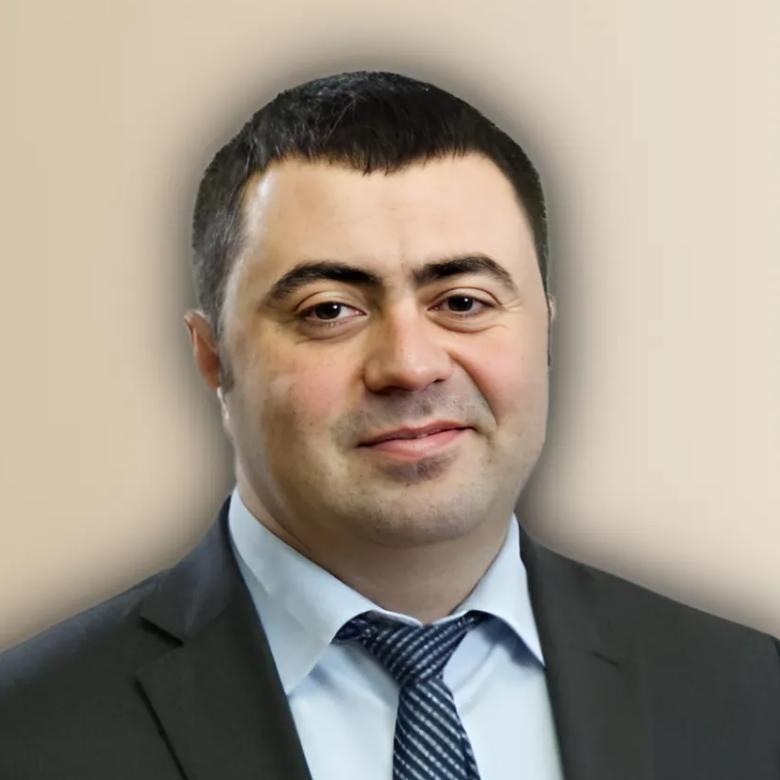
09:45 - Parametric modeling and mine design

10:00 - Business processes as a backbone of the digital transformation

10:15 - Optimizing Concentrate Plant Performance with Advanced Process Control Solutions

10:30 - Geological exploration project management for silver-polymetallic deposits

10:45 - The Future of Mining in Industry 4.0: AI-Powered Drone Solutions


11:45 - Groundwater modeling in FEFLOW software

12:00 - The Cybersecurity of Internet of Things

12:15 - Grade Copilot neural network tool for geological data analysis in Micromine software

12:30 - ALT televiewer logging structural and geotechnical data

Methodology for Assessing the Resource Potential of Territories, Targeting and Reducing Geological Risk at the Early Stages of Prospecting: A Combination of Methods of Remote Sensing of the Earth, Geological and Structural Analysis and Verification Prospecting and Reconnaissance Routes
- Introduction – the general situation in the industry (in the Russian Federation and the Republic of Kazakhstan), investments, geological and investment risks, a few words about digitalization in geological exploration; (D.Agapitov, M.Kunaev)
- Development of a GIS project – how many layers are needed? (A.Chitalin)
- Methods of analysis of detailed satellite images (multi- and hyperspectral (N. Saib), lineament, materials used (D. Sivkov));
- Geological and structural analysis and verification – what types of studies are sufficient at the first stage of assessment? (A.Chitalin)
- A set of necessary software with characteristics (N. Saib, D. Sivkov);
- Successfully implemented cases. (A.Chitalin, N.Saib)
Discussion (moderator M. Kunaev or D. Agapitov)

11:45 - Geological targeting and assessment of resource potential to reduce investment risks in the early stages of exploration work

12:00 - Development of a GIS project – how many layers are needed?
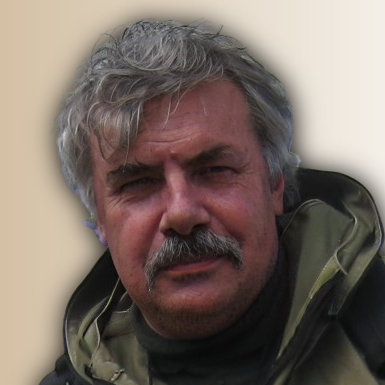
12:15 - Traditional research methods and digital solutions in geological exploration Using effective algorithms to increase profitability per unit of investment in the first stages of geological exploration

12:30 - Geological and structural analysis and verification works – what types of studies are sufficient at the first stage of assessment

12:45 - Methods of analysis of detailed satellite images (multi- and hyperspectral, lineament).

12:55 - Methods of analysis of detailed satellite images (multi- and hyperspectral, lineament). Materials used.

- Innovations in Exploration Technologies: New Methods and Tools.
- Application of automation, artificial intelligence and other digital technologies in geological exploration, drilling and blasting.
- Environmental Aspects in Geological Exploration, Drilling and Blasting Operations: Modern Approaches to Reducing Environmental Impact.
- Development and use of software for geological data management: business cases.
- Drilling and blasting operations in difficult geological conditions: technologies and solutions.
- Ensuring Safety in Mining and Non-Metallic mines: New Standards and Methods.

11:45 - Integrating methods for searching for hidden mineralisation

12:00 - How to improve the quality of the granulometric composition of the blasted mass using digital technologies?
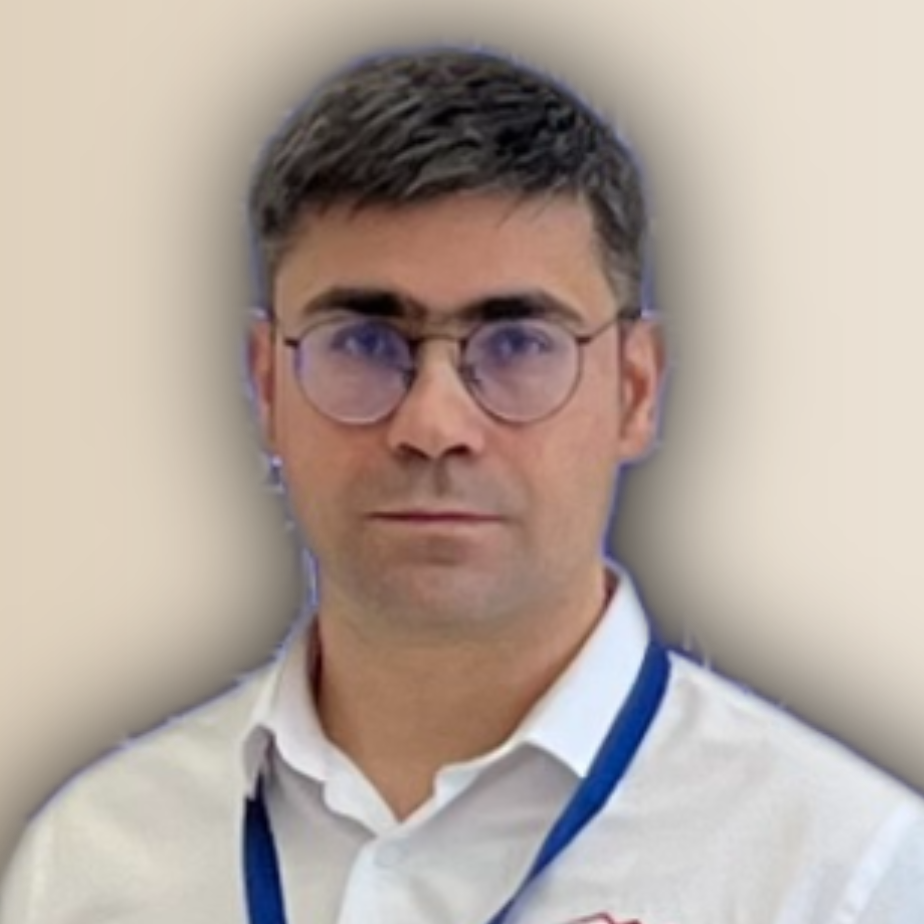
12:15 - GIS for exploration and drilling and blasting operations
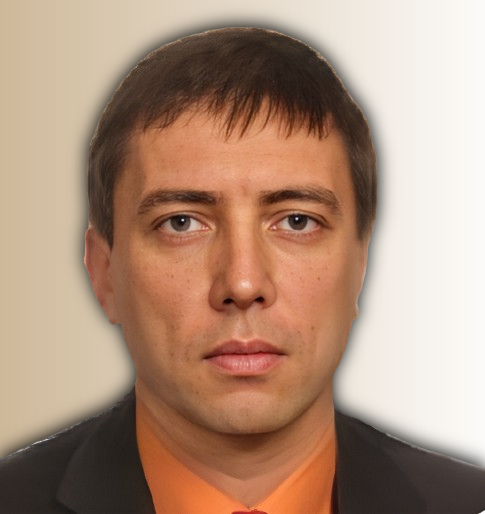
12:30 - Analysis of the effectiveness of stage-by-stage prospecting geological and geophysical works in the discovery of new gold deposits

12:45 - Application of seismic exploration for solid minerals


14:15 - Identification of structural mineralisation trends during geological targeting and search for deposits

14:30 - Magnetotelluric sounding and other methods of geophysical research of gold deposits and ore occurrences

14:45 - Modern experience of GEOKEN for 26 years: Achievements - Significant projects - Modern technologies

15:00 - Increasing the reliability of the results of geological and technological testing in the mining and metallurgical industry in Central Asia with Orbis equipment

15:15 - Technologies for high-precision positioning and geosteering of wells

15:30 - About services of Stewart Assay and Environmental Laboratories
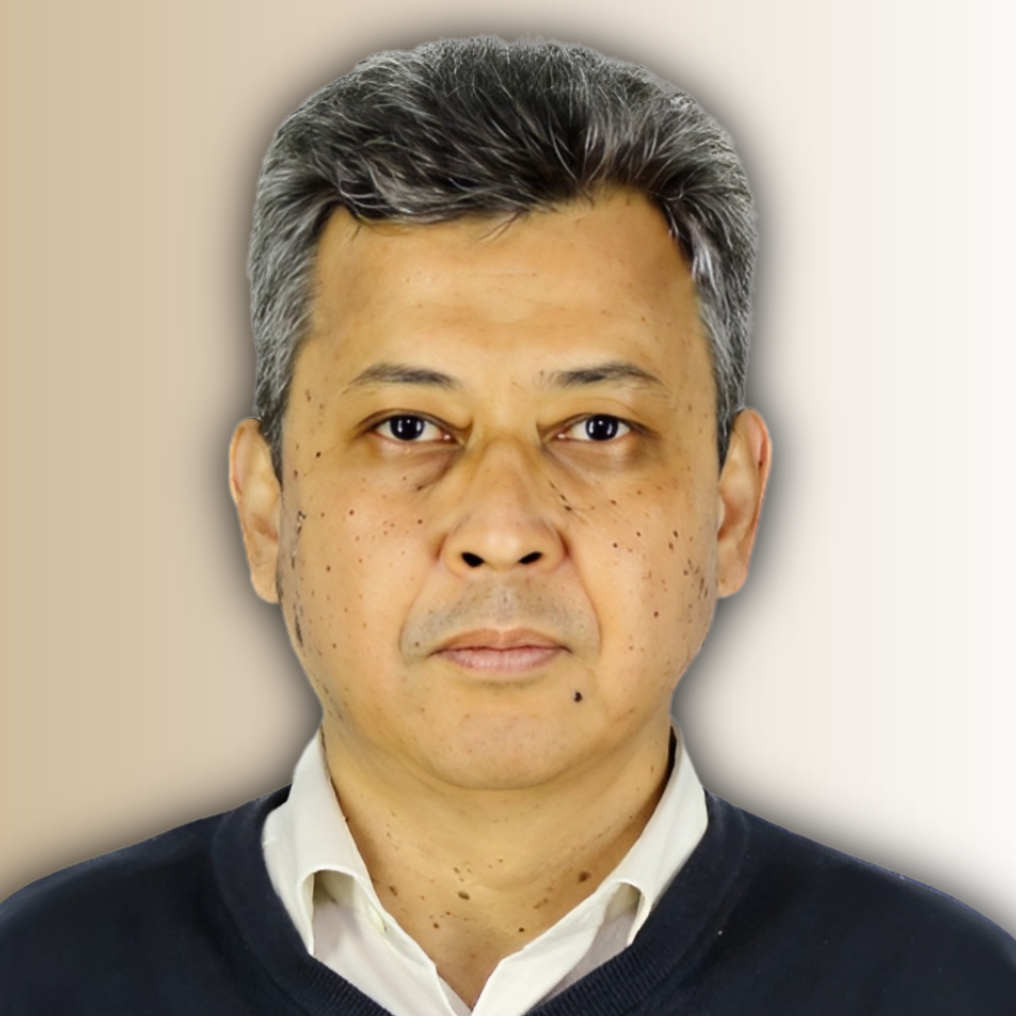
In Kazakhstan’s mining sector, adopting international Environmental, Social, and Governance (ESG) standards is vital for both competitiveness and sustainable growth. Given that many of these enterprises export to global markets and secure funding from international financial lenders, they face increasingly stringent demands. These include a shift towards green technologies, addressing climate change, and making impactful investments. The session will provide a platform for these companies to share their experiences with ESG practices, outlining their strategies for decarbonisation and the pursuit of carbon neutrality. Experts will discuss current trends and challenges in the implementation of ESG practices and projects, focusing on environmental conservation, social responsibility, and corporate governance. Additionally, the session will highlight the role of new technologies and innovations in minimising environmental impacts and promoting ecological restoration in the mining industry.

14:15 - Key stages of ESG transformation in the mining
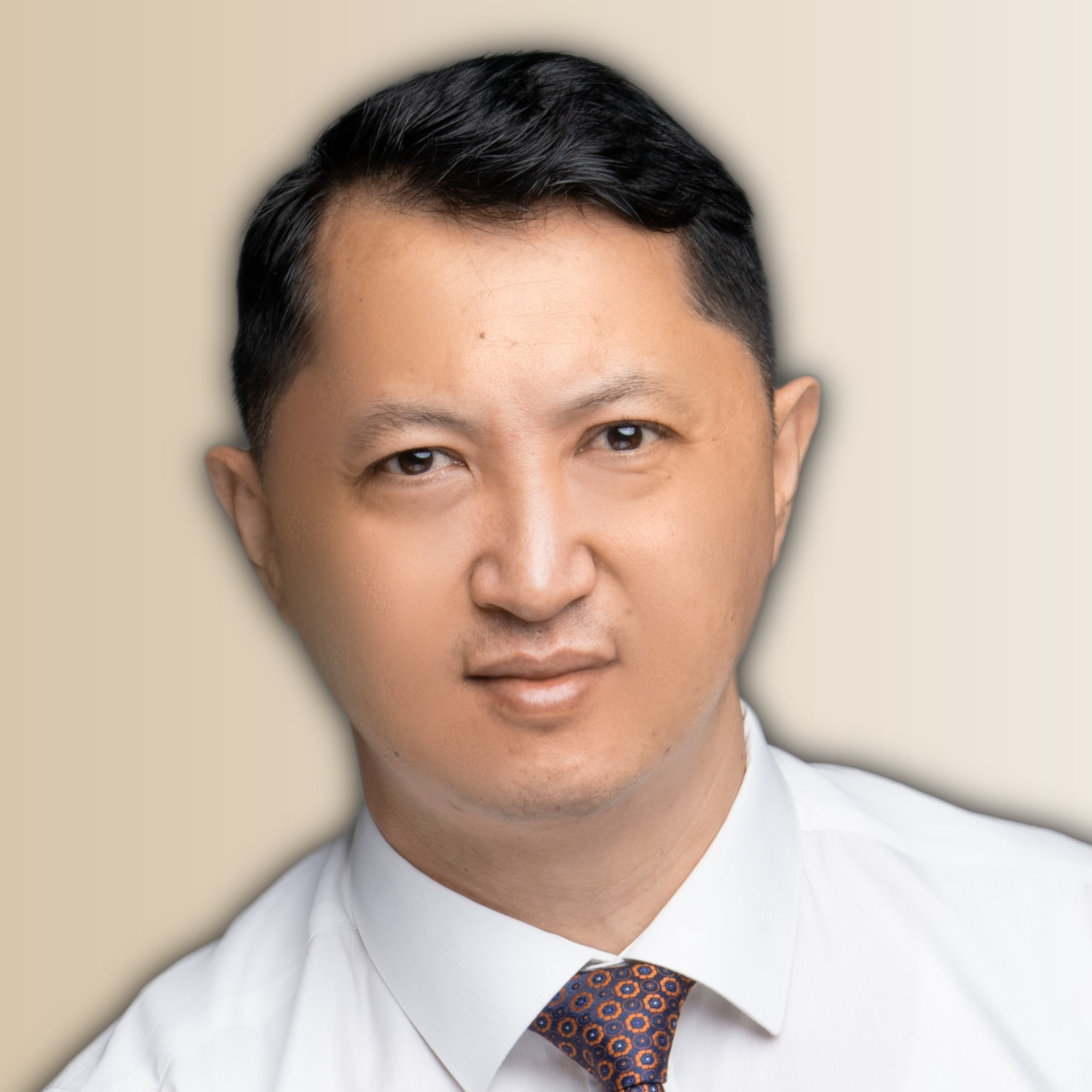
14:30 - Meeting stakeholders’ growing needs for responsible mining by means of implementation requirements of international standards (using IRMA standard as an example)

14:45 - Environmental strategy at the Nova Zinc enterprise

15:00 - Accelerated geological prospecting with zero damage to the environment - key technologies and case study

15:15 - Sustainable mining in Kazakhstan with globally educated specialists

- Improving Ore Processing Efficiency utilising Innovative Technological Solutions.
- Improving Transportation Efficiency: Analysis, Simulation and Advanced Solutions to Improve Logistics and Transportation Operations from “Mine to Factory».
- Application of artificial intelligence and machine vision in the mining industry to improve the accuracy of planning and the efficiency of mining operations.

14:15 - The AltynAlmas Integrated Planning approach to producing optimised medium and long-term schedules for haulage, dumping and blending simultaneously.

14:30 - Applications of ML and AI to the Mining Value Chain - how to streamline and add efficiencies to your exploration workflows and mining processes

14:45 - Innovative radar technologies as the basis for the digitalization of bulk material handling in Industry 4.0

15:00 - "LEAN" mindset for cost effective sustainable mining transportation

15:15 - Selection and justification of analogue objects for assessing capital and operating costs of a mining enterprise

- Integrated approaches to mineral processing and processing.
- Geological surveys as a basis for optimising enrichment processes.
- New methods of beneficiation of refractory and low-grade ores.
- Energy-efficient recovery of high-value minerals from waste stockpiles and tailings.
- Use of biomass and environmentally friendly materials in enrichment processes.
- Application of automation and artificial intelligence in the process of ore scanning and enrichment.
- New Methods of Analysis and Quality Control of Enrichment Process.

16:15 - Sustainable Tailings Management

16:30 - Holistic performance monitoring and optimisation for smart, efficient and sustainable mining

16:45 - Sensor Based Sorting For Mineral Processing. How to increase efficiency of a mining operation which aligns with ESG principles.

17:00 - Passive SONAR - leading flow monitoring technology for slurries



